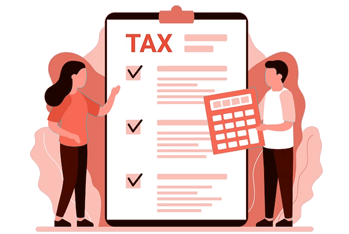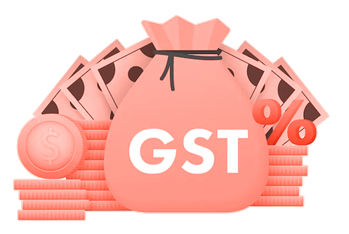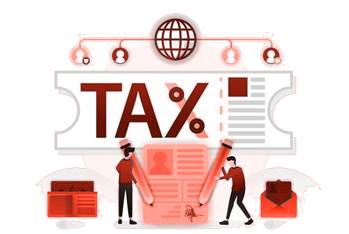Send a message
We’re here to answer any question you may have.
careers
Would you like to join our growing team?
careers@cosoc.com
We’re here to answer any question you may have.
Would you like to join our growing team?
careers@cosoc.com

With our team of experts, you can benefit from Singapore’s business-friendly taxation policies. Aided by a sound understanding of Singapore’s regulatory tax landscape, we offer the following range of tax advisory services.
Our company income tax services include:
Whether a company is a tax resident or non-resident of Singapore is determined by its control and management location. Although the taxation rules for both types of companies are mostly similar, some benefits are exclusive to resident companies, such as tax exemption schemes for new start-ups, tax exemptions on foreign branch profits and foreign-sourced services, and eligibility for benefits under the avoidance of double taxation agreements.
Singapore-registered company must be aware of their tax obligations. These obligations generally consist of corporate income tax, with a current rate of 17%, and goods and services tax (GST), with a current rate of 8%. All GST-registered businesses in Singapore must account for 8% GST on sales of goods and services, with specific exemptions.
By engaging us as your tax filing service provider, we help you stay ahead of your tax liabilities and file your taxes on time to avoid penalties. We are aware that all Singapore-registered companies must submit tax returns to IRAS annually. Our standard plan covers tax computation, filing of Form C-S, Form C, and timely report submissions.


All companies must submit annual corporate tax returns to the Inland Revenue Authority of Singapore (IRAS). The deadline to submit audited or unaudited accounts is usually

Singapore adopts a progressive personal tax rates, relative to an individual’s income. It is mandatory to file for your annual personal tax returns

Goods and Service Tax (GST), similar to the Value Added Tax (VAT) in many countries, is a consumption tax on most domestic goods and services.

The pricing of services, goods and intangibles that happen to related parties is called Transfer pricing. Related parties should adopt transfer pricing.

ECI, also known as Estimated Chargeable Income (ECI), is an estimate of a company’s chargeable income for a Year of Assessment (YA).

According to Singapore’s Income Tax Act, a person must withhold tax when payment of a specified nature is made to non-residents companies.


With our team of experts, you can benefit from Singapore’s business-friendly taxation policies. Aided by a sound understanding of Singapore’s regulatory tax landscape, we offer the following range of tax advisory services.


All companies must submit annual corporate tax returns to the Inland Revenue Authority of Singapore (IRAS). The deadline to submit audited or unaudited accounts is usually

Singapore adopts a progressive personal tax rates, relative to an individual’s income. It is mandatory to file for your annual personal tax returns

Goods and Service Tax (GST), similar to the Value Added Tax (VAT) in many countries, is a consumption tax on most domestic goods and services.

The pricing of services, goods and intangibles that happen to related parties is called Transfer pricing. Related parties should adopt transfer pricing.

ECI, also known as Estimated Chargeable Income (ECI), is an estimate of a company’s chargeable income for a Year of Assessment (YA).

According to Singapore’s Income Tax Act, a person must withhold tax when payment of a specified nature is made to non-residents companies.
Adding {{itemName}} to cart
Added {{itemName}} to cart